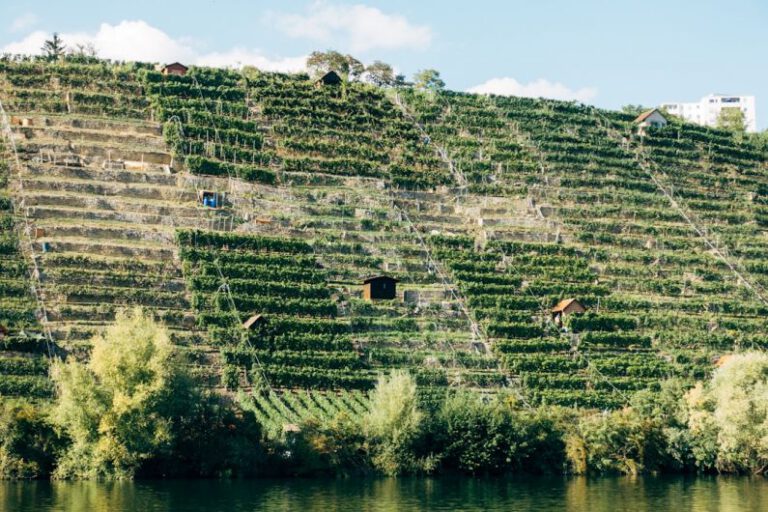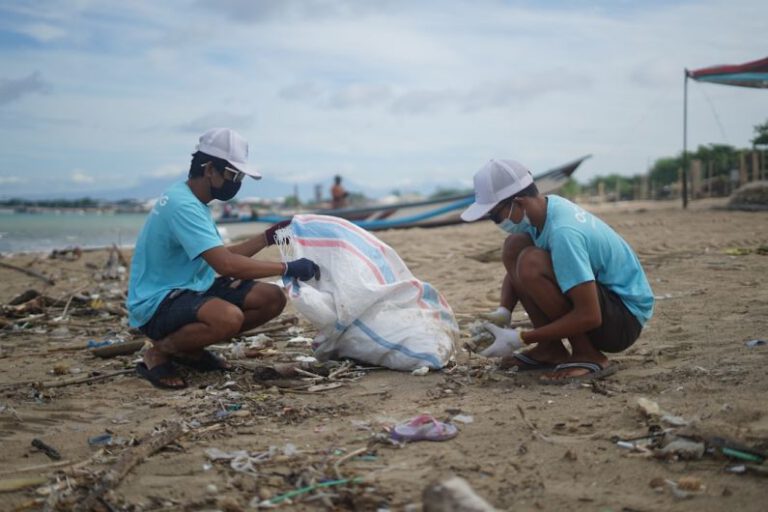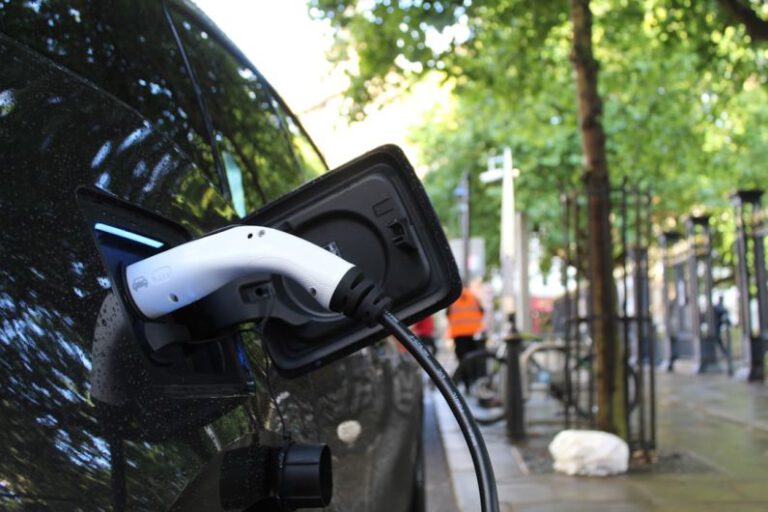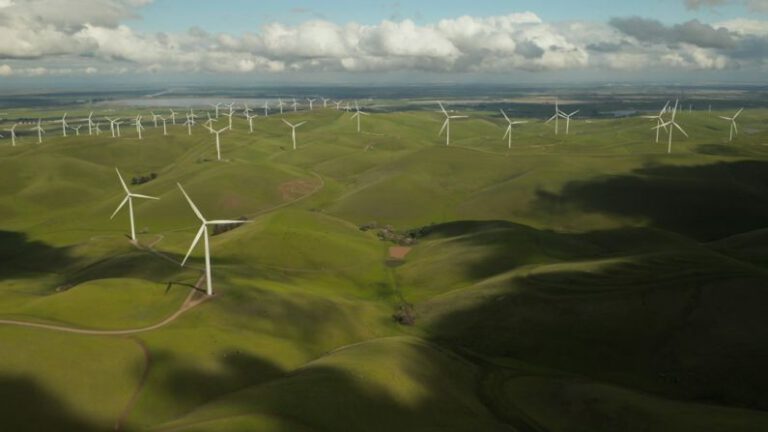The Future of Water Conservation Techniques
Water is one of the most crucial resources on our planet, essential for all forms of life. With the increasing demands on water supply due to population growth, urbanization, and climate change, the need for effective water conservation techniques has become more critical than ever. In the quest for a sustainable future, innovative approaches to managing and conserving water resources are essential. This article explores the future of water conservation techniques, highlighting some of the most promising strategies that could help ensure a water-secure world for generations to come.
### Smart Irrigation Systems
Irrigation accounts for a significant portion of water usage globally, particularly in agriculture. Traditional irrigation methods can be inefficient, leading to water wastage and environmental degradation. Smart irrigation systems, equipped with sensors and automated controls, offer a more sustainable approach to water management in agriculture. These systems optimize water usage by monitoring soil moisture levels, weather conditions, and plant water needs, allowing farmers to irrigate their crops more efficiently. By reducing water wastage and improving crop yields, smart irrigation systems play a vital role in conserving water resources for future generations.
### Rainwater Harvesting
Rainwater harvesting is a time-tested water conservation technique that is gaining popularity in both urban and rural settings. By collecting and storing rainwater for various uses such as irrigation, landscaping, and household chores, rainwater harvesting reduces the demand on conventional water sources. With advances in technology, rainwater harvesting systems have become more sophisticated and cost-effective, making them a viable solution for water-stressed regions. Implementing rainwater harvesting techniques on a larger scale can significantly contribute to water conservation efforts and enhance water security for communities around the world.
### Wastewater Recycling
Wastewater recycling, also known as water reclamation, is a sustainable practice that involves treating and reusing wastewater for non-potable purposes. Instead of discharging treated wastewater into water bodies, it can be recycled for activities like irrigation, industrial processes, and toilet flushing. Wastewater recycling not only conserves water but also reduces pollution and strain on freshwater sources. As technology advances, wastewater treatment processes become more efficient, making water recycling a viable option for sustainable water management in urban areas.
### Xeriscaping
Xeriscaping is a landscaping technique that focuses on using drought-tolerant plants and designing water-efficient landscapes to reduce outdoor water consumption. By selecting native plants that require minimal water and implementing water-saving irrigation systems, xeriscaping helps conserve water in residential and commercial settings. This environmentally friendly landscaping approach not only reduces water usage but also promotes biodiversity and enhances the aesthetic appeal of outdoor spaces. As water scarcity becomes a growing concern, xeriscaping offers a practical solution for sustainable water conservation in arid regions.
### Desalination Technologies
Desalination is the process of removing salt and impurities from seawater or brackish water to produce freshwater suitable for various uses. With freshwater sources becoming increasingly scarce, desalination technologies hold great potential for addressing water shortages in coastal areas. Advances in desalination techniques, such as reverse osmosis and membrane distillation, have made the process more energy-efficient and cost-effective. By harnessing the power of desalination, regions facing water scarcity challenges can secure a reliable source of freshwater and alleviate water stress on existing sources.
### Sustainable Water Management Policies
Effective water conservation strategies require the support of sound water management policies at the local, national, and global levels. Governments, policymakers, and stakeholders play a crucial role in developing and implementing regulations that promote water conservation, efficiency, and sustainability. By integrating water conservation measures into urban planning, agriculture, industry, and infrastructure development, policymakers can ensure the responsible use of water resources for current and future generations. Collaboration among stakeholders, public awareness campaigns, and incentives for water-saving practices are essential components of sustainable water management policies.
### Looking Ahead: A Water-Secure Future
As we navigate the challenges of a rapidly changing world, the future of water conservation techniques holds promise for a water-secure future. By embracing innovative approaches such as smart irrigation systems, rainwater harvesting, wastewater recycling, xeriscaping, desalination technologies, and sustainable water management policies, we can work towards ensuring a sustainable supply of water for all. With collective efforts and a commitment to responsible water stewardship, we can overcome water scarcity challenges and build a resilient and water-secure world for generations to come.






